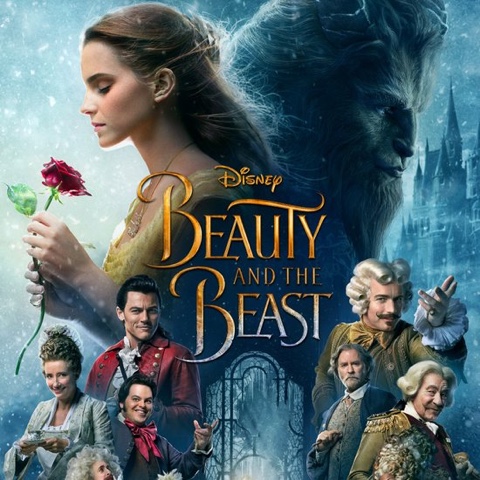Unconscious Bias: A Conscious Confession
 |
| “The Origin of Love”, Anna Hopkinson 2019. |
Yesterday, something happened to me that has not happened before. I had to part ways with an editor on moral grounds.
The person in question objected to my explicit reveal that the protagonist and his nemesis were conjoined twins in a former life. The reason? Apparently, two pairs of conjoined twins in one story “stretched credulity” and raised distracting questions about “who gets to move the limbs etc.” Couldn’t they just be normal twins or best friends?
No, they couldn’t.
I felt honour bound to say these comments sounded prejudiced, and I couldn’t accept the edits.
I’m sure this editor did not intend to be prejudiced. It was unconscious bias.
*
This morning, I watched David Harewood’s documentary for the BBC, “Why is Covid Killing People of Colour?” It contained some shocking statistics; not least the grossly disproportionate number of Pakistani people living in deprived areas (something particularly relevant to my home town of Bradford). It also revealed evidence of systemic racism within healthcare; unconscious bias affects the way people are treated for their ailments.
I recognised this bias within myself. As a white woman, I confess that a black man like David Harewood looks particularly big and strong. Might I subconsciously assume he could withstand greater pain?
Mercifully, I don’t have to make decisions about people’s healthcare. But within the last week, I have caught myself making instant judgements about people based on their name or accent, be that a South Asian neighbour or an American broadcaster. I tell myself this is wrong, but somehow the feeling persists.
What can we do about unconscious bias? I’m not sure we can stop the instinctive thoughts from happening. There is a good reason why we are drawn to faces that resemble our own; it helps us recognise our mother’s face as a baby. It strengthens family bonds. But we don’t have to roll with the instinct, any more than we have to roll with the instinct to punch someone in the face.
I, at least, recognised my feelings. That’s a start. And now I’m confessing them. That’s another start. And perhaps that’s the best place to start. It’s no good saying, “I don’t see colour” (or disability, or class, or gender identity etc.). Far better to say, “I do see colour. I’m seeing this. Help me to see it differently.”
*
Yesterday, I had to call someone out for their unconscious bias. Today, I’m being called out for mine. If we can all be the guardians of each other’s conscience, and truly listen to each other, we can move beyond instinct and start to make changes.



Comments
Post a Comment